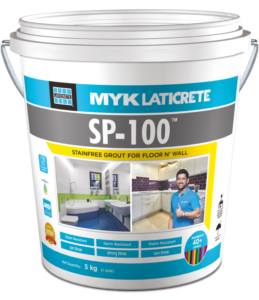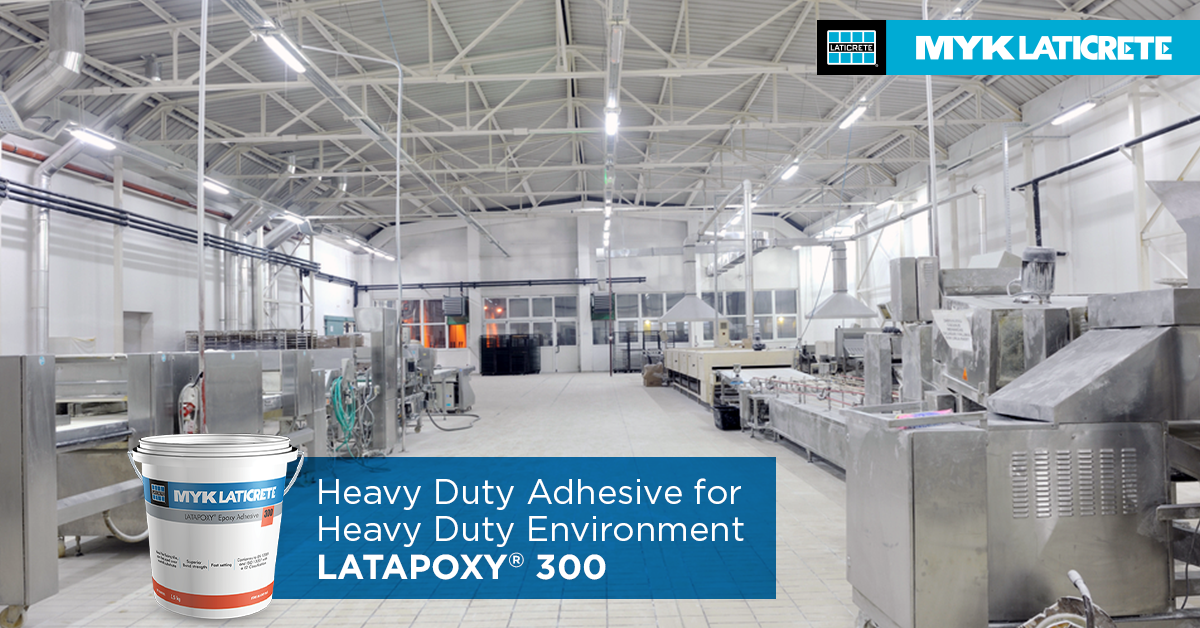Setting up a space takes two things: planning and functionality. They define the intended use of a space and the materials that will go into constructing it. Most times, traditional materials seem to do the job. But when it comes to food processing plants, commercial plants, commercial kitchens, and beverage plants, they are undoubtedly a whole different ballgame. There is a lot going on in these kitchens and plants that render traditional products inefficient.Apart from being high impact- and high traffic-prone, in such spaces, temperatures can hit extremes by the hour, excessive movement/ vibration and moisture is commonplace, and chemicals, acids, and alkalis are everywhere.
These characteristic conditions make their flooring prone to a plethora of problems. They can cause buckling, cracking, or dislodged tiles and seepage of byproducts and liquids such as grease, oil, fats, and corrosive elements into the substrate.They further lead to accidental contamination or health code violations by allowing the growth of mold, bacteria and fungus. They also disrupt the operational environment, compromise worker safety, and reduce usable life of tiles leading to huge expenses in repair or replacement.Thereby regular installation materials that include sand-cement just don’t cut it. They have poor bonding strength and don’t work well in areas of high pressure and impact or on substrates which are subject to movement.
Heavy duty products that are specifically value engineered to withstand thermal shocks and can bond to a wide range of materials are necessary. In response to these demands, MYK LATICRETE developed the LATAPOXY® 300, a thin-set, high strength epoxy adhesive which is suited for chemical resistant installation of tile, brick, stone, agglomerates and pavers on internal floors of these plants.
- They work with several materials, and can be used on all metals, including copper, along with wood block and rubber floors, PVC and Linoleum substrates, drywall boards, and over epoxy resin-based substrates, apart from concrete, tiles and stones, and cement terrazzo.
- Since a lot of these spaces are prone to fire hazards, the LATAPOXY® 300 was designed to be non-flammable.
- It also demonstrates a high degree of resilience. It is resistant to water, thermal shock and freezing and lends its protective features to moisture sensitive marbles and agglomerated tiles and stones which tend to have dimensional instability, preventing them from curling.
- It not only withstands the rigors and challenges in such demanding environments, it maintains the white of the tile and the soft colors of the marble so the aesthetic is not disturbed.
MYK LATICRETE has shouldered the responsibility of such daunting challenges and prides itself in designing innovative tile installation systems that enhance the life of tiles by preventing premature deterioration while also ensuring they help maintain optimal facility hygiene.






